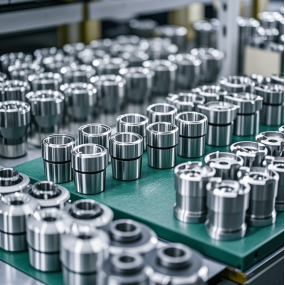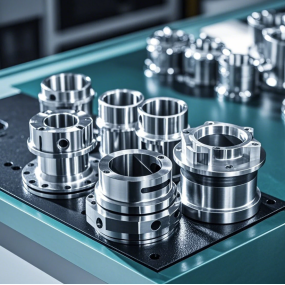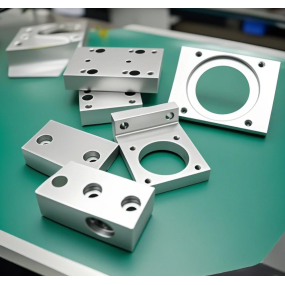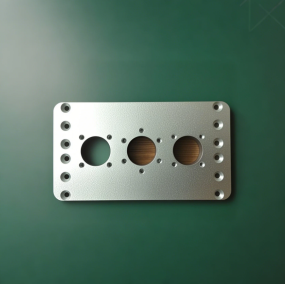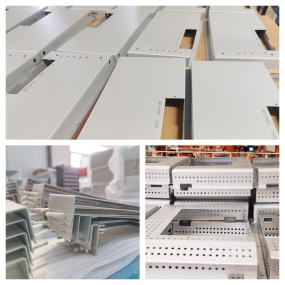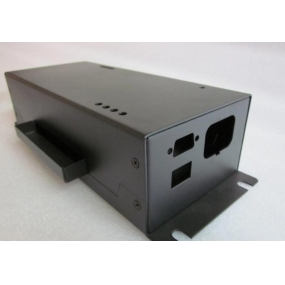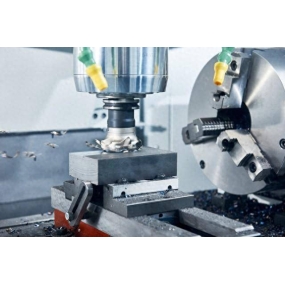The processing of non-standard precision parts is a free control and processing of other parts by enterprises due to the lack of relevant national standard specifications and parameter regulations. There are many varieties of non-standard products, and there is currently no standardized classification. The general classification is as follows.
Metal non-standard components: Customers provide drawings, and manufacturers use equipment to produce corresponding products based on the drawings. Usually, there are many molds, tolerance requirements, and glossiness that are specified by customers, and there is no certain style. The product requires corresponding quality control from casting to completion, with complex and variable processes, and generally higher costs than standard products.
Non metallic non-standard components: Processing of some non-metallic materials. In recent years, the development of injection molding industries such as plastics, wood, and stone, as well as plastic molds, has become increasingly sophisticated. The use of surface design and programming digital control has greatly increased the cost and tolerance levels of non-standard precision component processing.
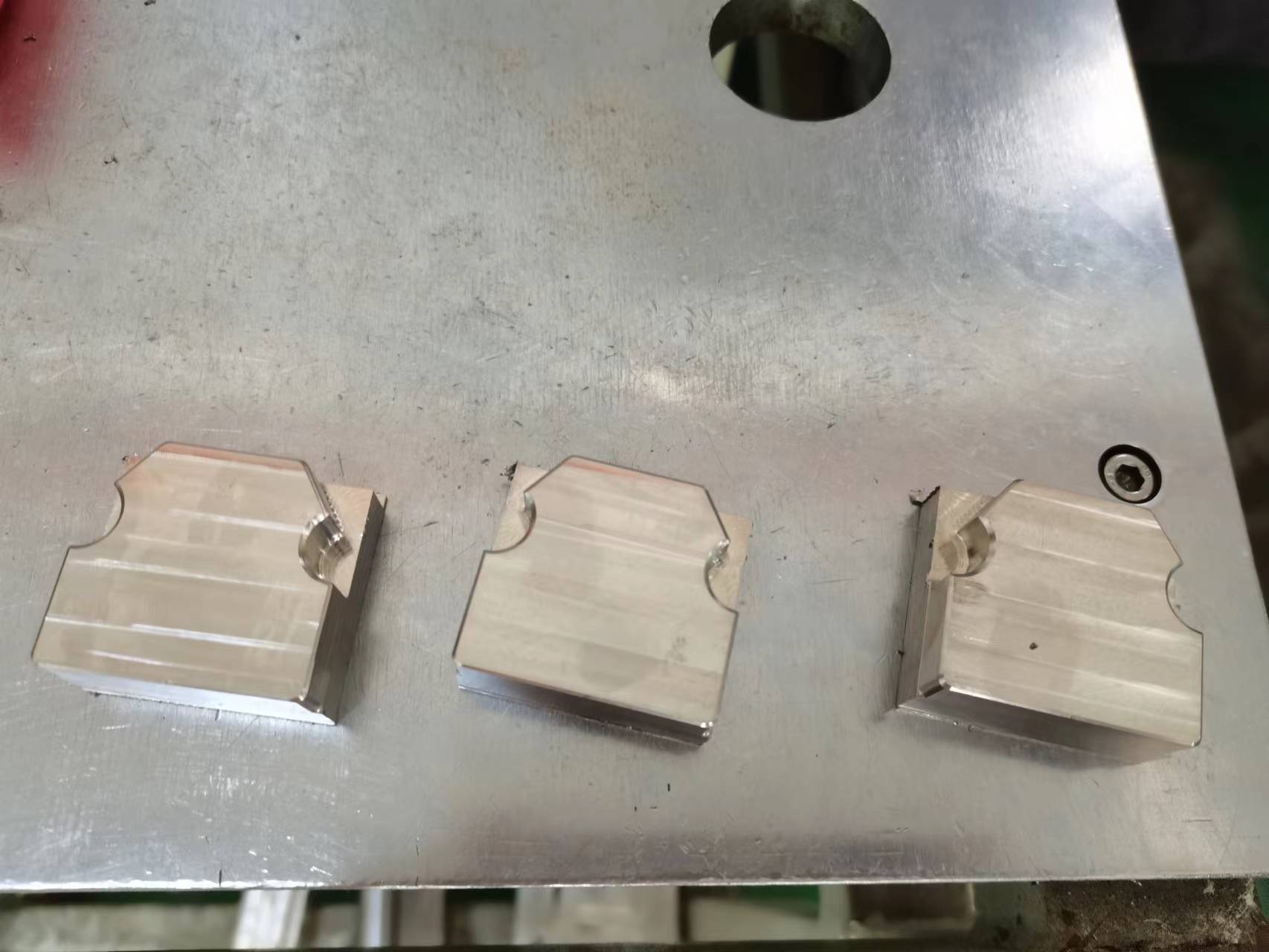


 Spanish
Spanish Arabic
Arabic French
French Portuguese
Portuguese Belarusian
Belarusian Japanese
Japanese Russian
Russian Malay
Malay Icelandic
Icelandic Bulgarian
Bulgarian Azerbaijani
Azerbaijani Estonian
Estonian Irish
Irish Polish
Polish Persian
Persian Boolean
Boolean Danish
Danish German
German Filipino
Filipino Finnish
Finnish Korean
Korean Dutch
Dutch Galician
Galician Catalan
Catalan Czech
Czech Croatian
Croatian Latin
Latin Latvian
Latvian Romanian
Romanian Maltese
Maltese Macedonian
Macedonian Norwegian
Norwegian Swedish
Swedish Serbian
Serbian Slovak
Slovak Slovenian
Slovenian Swahili
Swahili Thai
Thai Turkish
Turkish Welsh
Welsh Urdu
Urdu Ukrainian
Ukrainian Greek
Greek Hungarian
Hungarian Italian
Italian Yiddish
Yiddish Indonesian
Indonesian Vietnamese
Vietnamese Haitian Creole
Haitian Creole Spanish Basque
Spanish Basque

